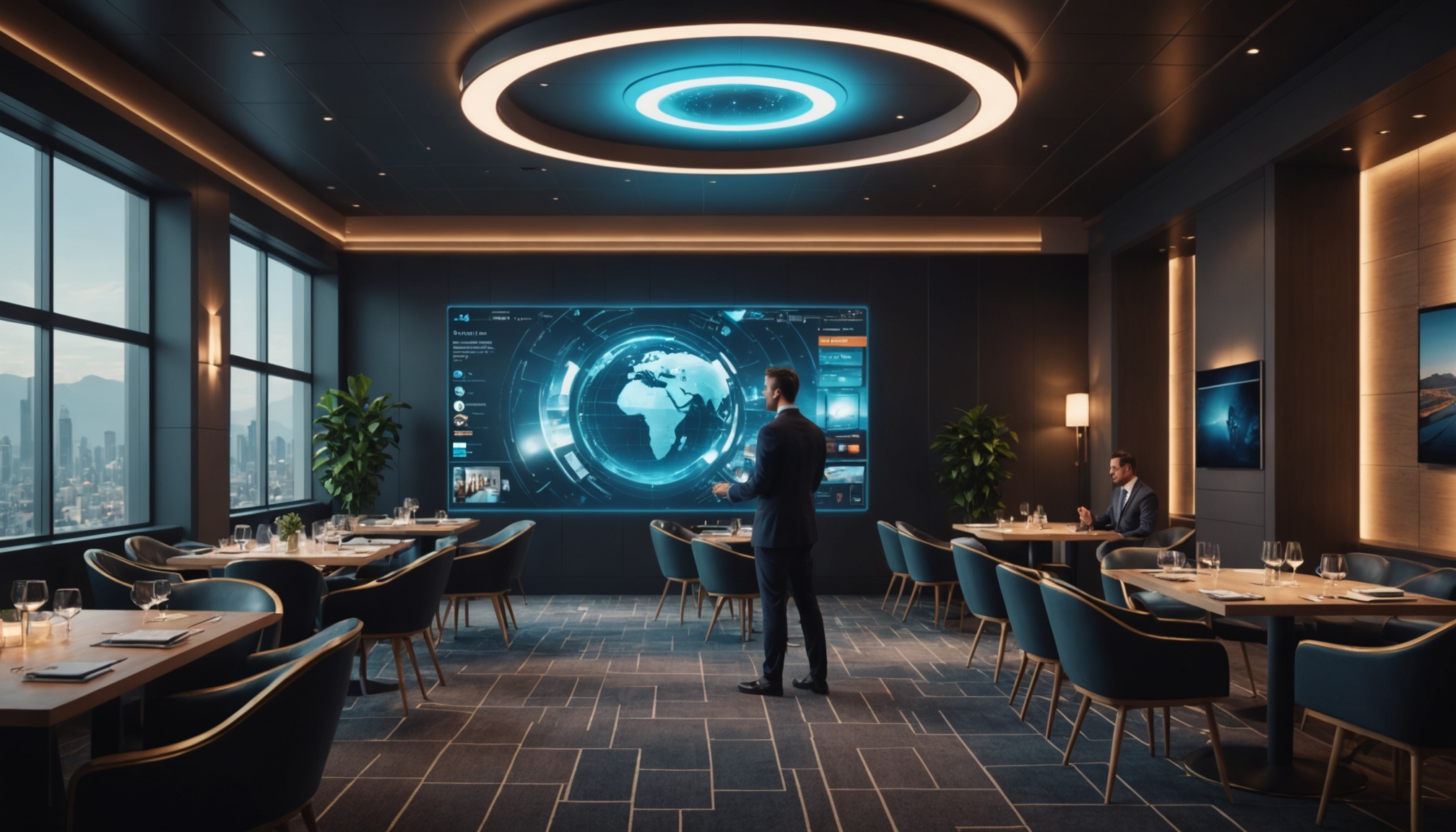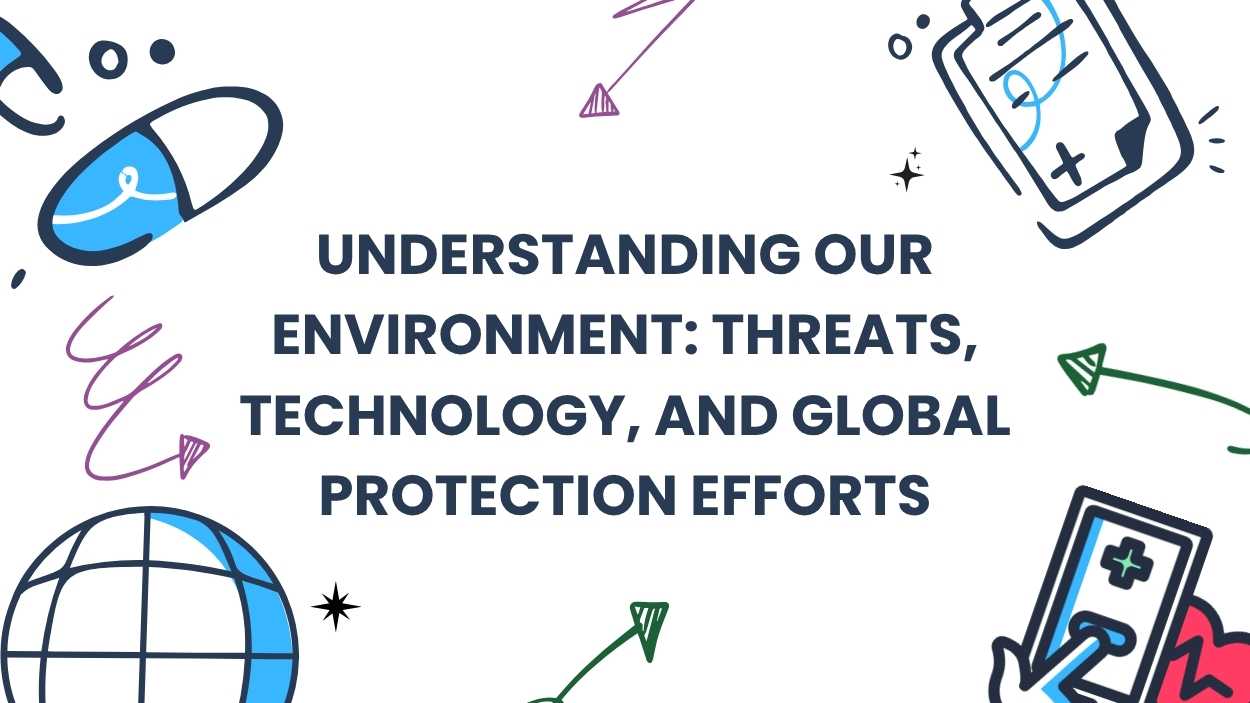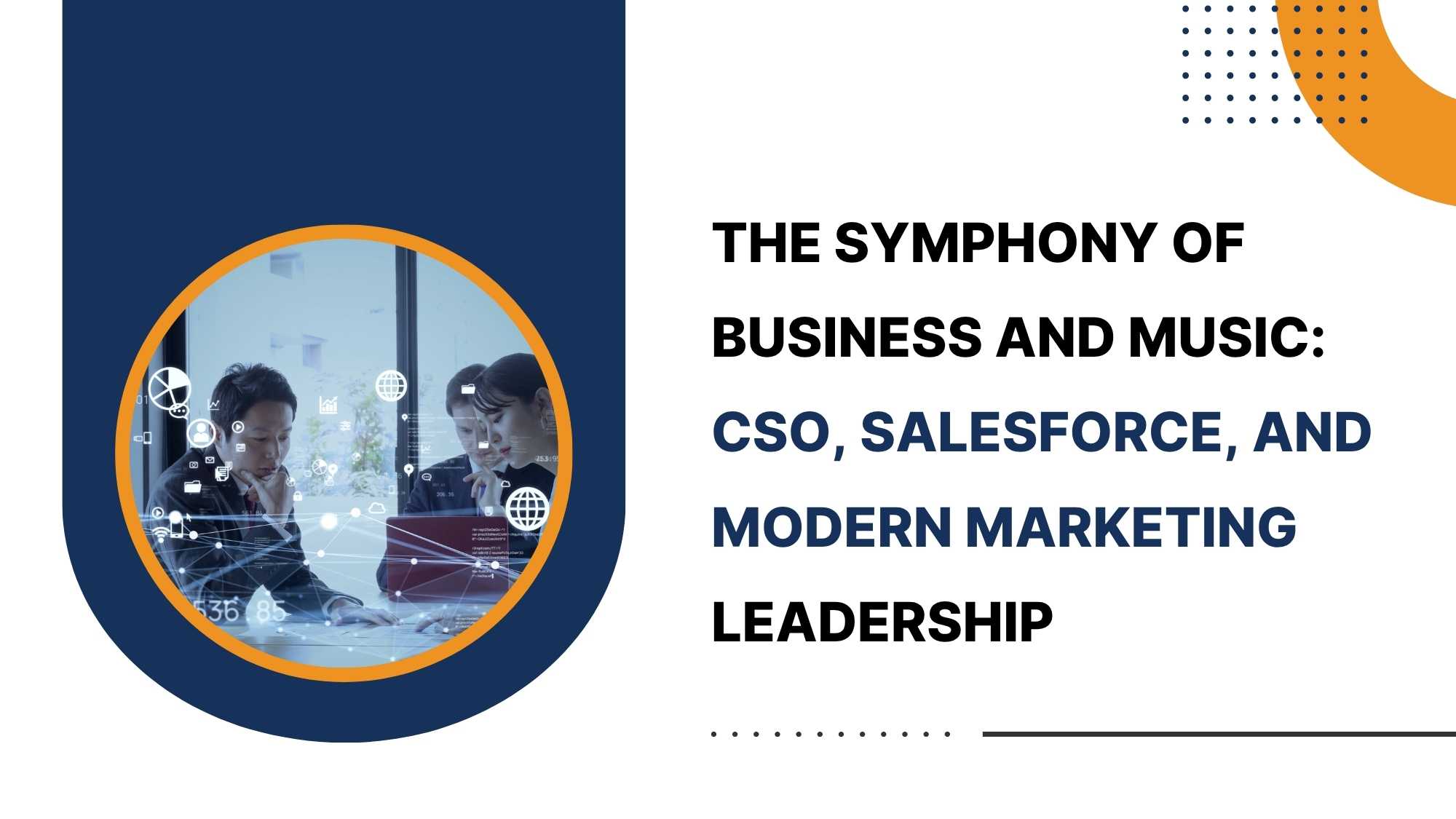The hospitality industry is on the cusp of a technological renaissance, with advancements promising to redefine guest experiences and operational efficiencies. The article from EHL highlights the pivotal role of software, hardware, and digital solutions in driving this transformation. Looking ahead to 2025, it’s clear that the successful hotel, resort, restaurant, and tourist attraction will be the one that embraces these innovations. The article provides a roadmap for industry leaders to understand the key trends, implement them effectively, and secure a competitive advantage in a rapidly evolving market.
The Rise of Intelligent Automation
Artificial intelligence (AI) and machine learning (ML) are not just buzzwords; they’re the engines driving significant change. The shift from basic chatbots to sophisticated predictive analytics and hyper-personalization is particularly noteworthy. Imagine hotels anticipating guest needs before they even arise, and crafting individual experiences based on past preferences and even predicted future desires. Beyond customer-facing applications, AI promises to automate operational tasks, such as automated check-in, reducing labor needs and freeing up staff to focus on more complex, guest-centric tasks. This allows businesses of all sizes to deliver exceptional service and maximize profitability.
Seamless Integration and the Power of Data
The Internet of Things (IoT) and smart technology are also playing a huge role in the transformation. This is leading to a revolution in guest experience through smart devices, and also a rise in the demand for adaptable and robust IoT solutions. As the hospitality landscape continues to expand beyond traditional formats, the ability to offer flexible and customizable tech solutions is paramount. Another major point made in the article is about data analytics and revenue management, which are becoming fundamental to competitive differentiation. The ability to use data intelligently allows for optimized pricing, more accurate demand forecasting, and tailor-made marketing strategies. The smart use of data will enable businesses to create a personalized, engaging, and profitable guest journey.
As we advance technologically, digital platforms are streamlining operations and boosting efficiency. Contactless services and mobile technology are quickly becoming the industry standard. This transition is not only driven by the shift towards digitalization but also by the need to streamline the guest experience from booking to checkout. With mobile apps, guests can access amenities and services at their convenience. This is vital to stay competitive in the industry, and even to survive. VR and AR marketing tools are also changing the way hotels and resorts attract guests, by giving them the ability to preview their stay and amenities in an immersive way.
Staying Ahead of the Curve
The insights offered by EHL and the various source materials provide a clear picture of what the future of hospitality will look like. The success of businesses in the coming years will be directly linked to their ability to adopt and integrate these key technological advancements. From AI-driven personalization and IoT-enabled smart rooms to the increasing importance of cybersecurity and sustainability initiatives, the trends are clear. Embracing these changes is not simply about keeping up; it’s about creating a future-proof business that delights guests, streamlines operations, and sets new standards for the entire industry. The time to act is now, and those who do will undoubtedly lead the way in 2025 and beyond.













